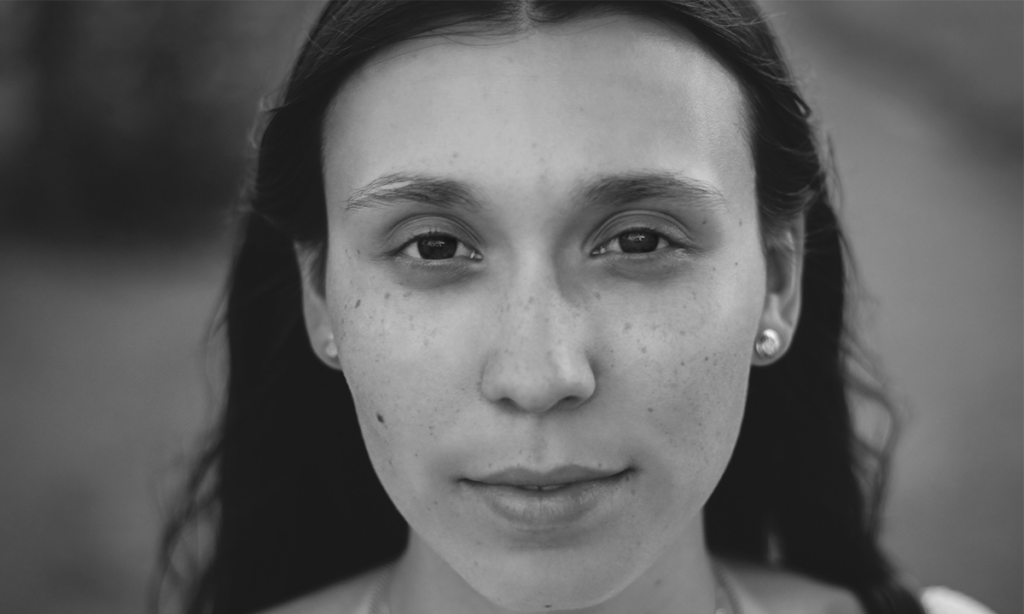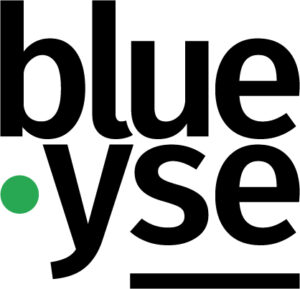
Is the Netherlands truly an egalitarian country?
The Netherlands is often considered a very forward-thinking country with relatively small differences in income. According to a Central Bureau Statistics (CBS) report in October of 2021, income inequality in the Netherlands has stayed quite consistent since the 1990s, after a slight increase in the 1980s. Although it seems as if the Netherlands is doing quite well, reports on income do not describe the whole story. Economist Mathijs Bouman says, “We see in the areas of wealth that house prices and stocks have risen over the past ten years, so people who have a house and stocks have clearly improved in wealth.”
The real story about:
- Wealth Inequality – According to the Organization for Economic Cooperation and Development (OECD), the Netherlands is among one of the most unequal countries in terms of wealth distribution. Only the United States has a higher wealth inequality than the Netherlands and as of 2013, the difference between the two countries is minimal. The OECD is a collection of 38 countries working together to solve common economic problems while trying to align international policies. Of the complete Dutch population, 10% own about 68% of the wealth. In a study, economist Simon Toussaint from Utrecht University found that the richest 1% of the Netherlands own about one-third of the country’s wealth. That is more than 480 billion euros.
- Income Inequality – However, official figures give a distorted picture in terms of income inequality. Wiemer Salverda, an emeritus professor of Labour Market and Inequality, states, “Wages have risen, and the average disposable income has doubled, but not at the bottom. From 1979 until the early 1990s, minimum wage and benefits have fallen by 25 percent in purchasing power. Since then, purchasing power has been the same. People at the bottom have gotten poorer and poorer over the past few decades.” People at the bottom of society have been at a disadvantage and standstill for decades, while the rest are making good progress. Income inequality not only affects welfare recipients but also affects children, working people and the elderly. Moreover, the number of homeless people has also doubled between 2009 and 2019.
Unequal access to the health care system
The Netherlands is often seen as a country that takes good care of everyone, regardless of their financial capacity. Unfortunately in practice, this is not correct. Inequality is particularly evident in the accessibility to healthcare. This inequality is partly due to income. People who are temporarily low income or have been for a long time, have limited access to healthcare due to high costs.
Differences increased by the corona crisis
The corona crisis has further widened the gap between the rich and the poor. Rich Dutch people have invested in stocks, which have risen in value since the beginning of the corona crisis. Rich people’s wealth has increased during this online growing economy.
Inequality disrupts interconnectedness
Low-income households pay a larger share of their income on energy. And compared to high-income households, low-income households are typically the ones that are relatively hit harder by the upcoming climate measures. People without work, a steady job, or in debt see the vast difference of money between those that have wealth. Increasing differences in status and purchasing power put pressure on the feelings of mutual trust between citizens.
Options to reduce disparities in income and wealth
The government should work to reduce the gap between the people. This can be done by taxing those with small assets and low income less and taxing those with large assets and high income more. Especially if those high incomes are obtained through inheritance or through those making money off of their money. In general, there are numerous methods on how to reduce inequality within our tax system.
There are also other opportunities for organizations to reduce inequality. For example, by giving employees more power or status within the companies and giving employees a voice in the pay structure. Because let’s be clear, in the end, our society only benefits from measures that help reduce inequality.
Sources
Nederland is gelijker dan veel mensen denken, toch zijn er nog grote problemen: https://nos.nl/nieuwsuur/artikel/2401721-nederland-is-gelijker-dan-veel-mensen-denken-toch-zijn-er-nog-grote-problemen
Armoede in Nederland sterk toegenomen: ‘Aan de onderkant staan mensen al tientallen jaren stil’: https://universonline.nl/nieuws/2021/12/23/armoede-in-nederland-sterk-toegenomen-aan-de-onderkant-staan-mensen-al-tientallen-jaren-stil/
Nederland lijkt een uiterst egalitair landje, maar schijn bedriegt: https://www.quotenet.nl/financien/belasting/a37960075/nederland-lijkt-een-uiterst-egalitair-landje-maar-schijnt-bedriegt/
Kloof arm en rijk groeit door corona: ‘Extreme rijkdom net zo onwenselijk als armoede’: https://www.pzc.nl/geld/kloof-arm-en-rijk-groeit-door-corona-extreme-rijkdom-net-zo-onwenselijk-als-armoede~ae77b2c4/?referrer=https%3A%2F%2Fwww.google.com%2F&cb=4af7395baa5ce524cc4a94f0c6db9a4a&auth_rd=1
Rijkdom & armoede, gelijkheid & ongelijkheid: https://gerontijdschrift.nl/artikelen/rijkdom-armoede-gelijkheid-ongelijkheid/
Ongelijkheid in inkomen en vermogen:
https://www.degrotetransitie.nl/wat-doen-we/themas/beperk-ongelijkheid/
